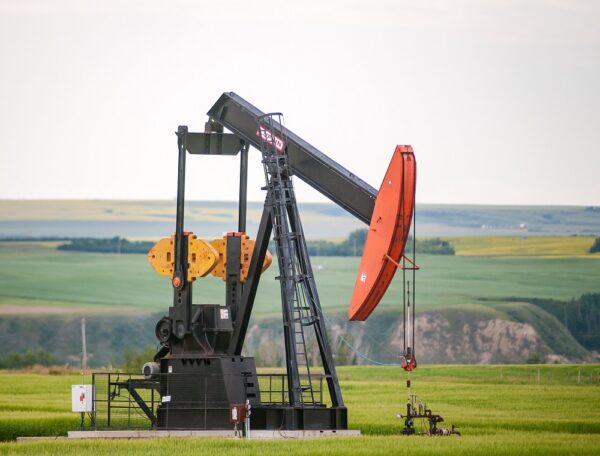Saudi Arabia and Russia’s recent decision to prolong supply cuts on crude oil are not the reason for prices going up, said Energy Minister Prince Abdulaziz bin Salman at the World Petroleum Congress.
Brent futures are already reaching almost $95 a barrel and according to market experts, prices may even turn into triple digits.
“We can reduce more, or we can increase, that has been a subject that we want to make sure that the messaging is clear, that it’s not about, again, this jacking up prices,” the Saudi minister said.
“It’s about … making the decision at the right time, when we have the data, and when we have the clarity that would make us in much more of a comfort zone to take that decision.”
The minister maintains that there was no guarantee of the global economic recovery that has driven up oil consumption.
As a result of production cuts that are occurring at a time when global demand is increasing, many analysts anticipate that oil prices will continue to increase. On Monday, Mike Wirth, the chairman and CEO of US energy giant Chevron, became the most well-known person to forecast that oil would soon surpass $100 per barrel, according to The Financial Times.
The International Energy Agency (IEA) predicts that in 2023 the average global oil demand will reach a new record of 101.8 million barrels per day, driven primarily by an increase in consumption in China. The cuts by Saudi Arabia and Russia will put the world’s oil markets in a “substantial deficit” for the rest of the year, FT reported.
According to Reuters market analyst John Kemp, it is impossible to determine with any certainty the relative contributions of production reductions and quicker economic development.
However, Kemp adds that it is safe to believe that output cuts have been responsible for more than half of the rise in prices and spreads given the significant reduction in production and the slight improvement in economic expectations.














